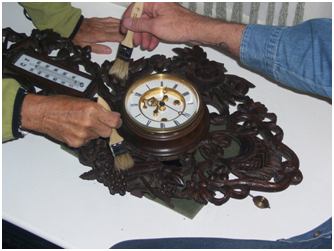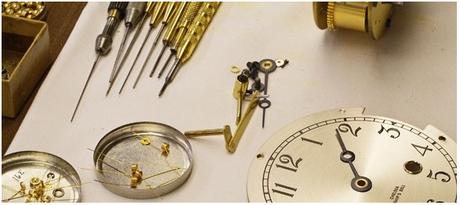
Time and tide wait for none but certainly clock waits when it falls ill. At the end of the day it’s only a machine which governs our life. We try to match up with it as it flies like an arrow.
As Leo Tolstoy rightly said – “The two most powerful warriors are patience and time.”
Even the warrior gets wounded and a proper medication will help it retrieve itself.
Through this article we will get an insight to the problems a clock faces in its lifetime with solutions.
Battery powered Quartz Clocks
Technological advancements have created clocks that are efficient and easy to maintain. The most common clock on the market is a quartz clock. It uses a small quartz crystal and electrical currents to keep the time. These clocks are so easy to maintain that you usually only need to replace the battery when they stop working. If the clock gives you problems in spite of a new battery, you should check to make sure the hands aren’t hitting any other part of the clock. Beyond that, it is faster and cheaper to replace the clock movement (the assembly that keeps time) than to try to repair it.
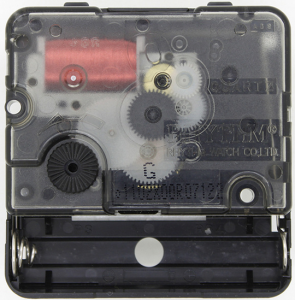
FIRST HAND INFORMATION: THE MANUAL
These days the mechanism of a clock has become more advanced and digitized in comparison to old clocks hence consult the manual for the clock before turning it on. There may be a set procedure which if not followed, will result in the clock showing the incorrect time.
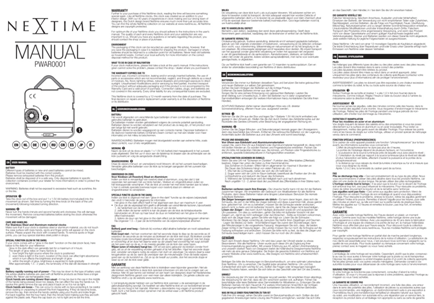
BATTERY: THE CORE INGREDIENT
The Clock has its own face. These days a clock comes in all shape and size. Gone are the days when we know a clock with its typical look. The looks, colour, and dimension everything has changed. It’s no longer the same boring one. Hence one should be thorough with its functioning. If the clock uses both mains power and a battery, remember to switch on the mains power and allow the clock to set before inserting the battery. If this is not done, the clock may well run an hour fast or an hour slow. (If the clock’s manual indicates a different procedure to this, follow that instead.)
Just like the heart pumps blood inside a living being, in the same way a clock cannot work without a battery. If the clock is not functioning correctly, check that the battery (or other power supply) is in full working order. Change the current one for a fresh battery and reset your clock.
Above all, the market is flooded with duplicate batteries. Please buy it from reliable sources and reputed brand batteries or else your clock may get damaged due to leakage or the battery getting drained in a very short period.

Removing Corrosion
If you see that your clock is losing time and you have installed a new batter, remove any loose corrosion from the battery terminals. Use a damp q-tip or cotton ball to clean the terminals.
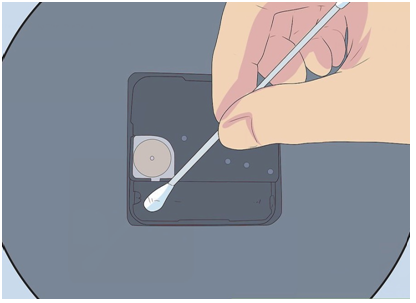
DUST IT AWAY
Dust can actually get into the mechanism of the clock especially the lubrication resulting in the damage down the line. Secure the clock firmly to the walls.
It is recommended that your mechanical clock movement be oiled every two years from the date of purchase and thoroughly cleaned every five to ten years depending upon climatic conditions. Extremely dry, humid or salty air, hot or cold may necessitate more frequent servicing.
Please be careful with the kind of duster you use when dusting exposed hour/ minute/ second needles as it may entangle with the arms and cause serious damage to the clock.
